The disappearance of the species is mainly our fault
I had the unfortunate privilege to watch a video produced by CNN. This documentary is about “The 6th Mass Extinction”, and you can find a link to the program below.
Vanishing: The Sixth Mass Extinction
It is alarming to know that species are vanishing at 100 times the normal rate, and that ¾ of all known species can disappear in just a couple of centuries.
The following YouTube video is very disturbing, but one should look to understand the urgency of this issue.
One species (and one of the largest) is the African Elephant
I know you have heard that elephants are being killed simply for their tusks or even to take their feet to use as ashtrays or trash cans (as I have seen in a Doctor’s office in Malaga, Spain). But did you know that there is a disturbing uptake in the killing of elephants on the border of Botswana and Namibia?
It used to be thought that because of Botswana’s policies, the elephants inside their borders were safe. But recently, poachers are encroaching on Botswana’s borders.
Recently a two-year study (the Great Elephant Census, 2012-2014) to count elephants in 18 countries across the continent, was concluded. In 7 years up to 2014, elephant numbers have dropped by 1/3.
In the two years of the Great Elephant Census, it is projected that up to 75,000 elephants have been lost to poaching, habitat loss, climate change, human-elephant conflict, and retaliatory killings. African elephants can be extinct in 20 years.
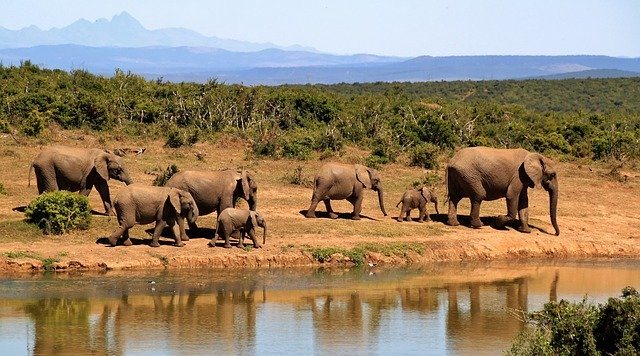
Group of elephants with babies at a waterhole image by Colour
The Death of the Coral Reefs
Around a small island community off the coast of Africa, coral is dying. Just as coral is dying across the globe, but here it is more impactful. The small village exists only because of the sea, and with the dying coral, the life of the sea is going as well.
Extreme heat and acidification of the oceans have damaged reef ecosystems all over the world. Divers surveyed the reef during a heatwave in April and they estimate the high temperatures damaged 70% of the reef.
Another aspect of our impact is the plastic that is reaching the ocean. If current trends continue, the Pacific Ocean can become more parts plastic than fish by weight, by 2050.
On Midway Atoll, the tide leaves a “bathtub ring” of plastic. High tide brings it in and it remains. Since 1999, NOAA has removed 125 metric tons of debris from the island.
It gets there because it is in the middle of the North Pacific Gyre Swirl (a pattern of the ocean’s movement in a clockwise direction going west from about Central America to the Philippines then north along the coast of Japan, then back down the American Pacific coast.)
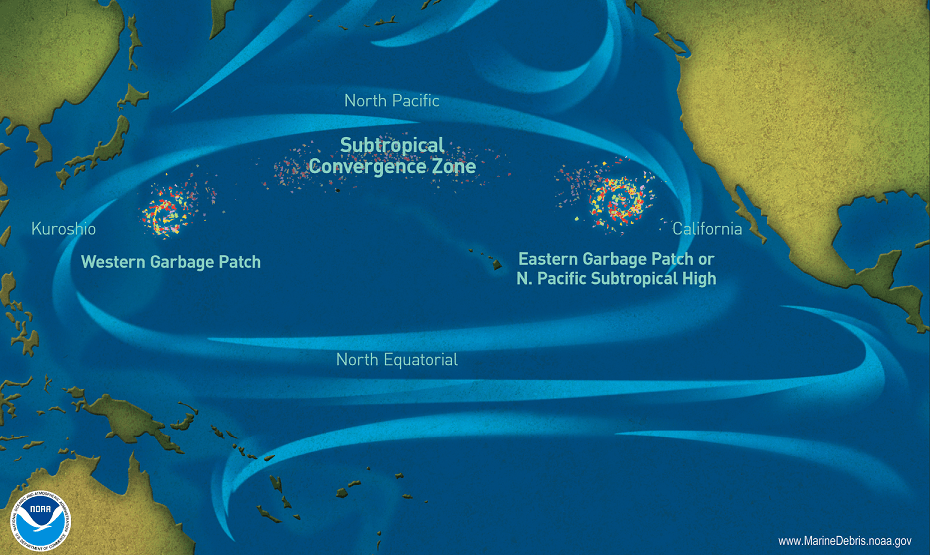
How the garbage floats in the oceans
Plastics are the death of many animals
This is only part of the problem. The albatross that lives on Midway and roams across the ocean, forages for food, and brings that food back home to the island. Normally they will capture squid, fish, and other sea creatures but more and more, they are consuming brightly colored bottle caps and other pieces of plastic. They bring that home and feed this plastic to their young.
Rangers on the island have found carcasses of young, and mature birds with their stomachs filled with plastic. Albatross adults bring back an estimated 5 tons of plastic back to midway along with the food they bring to feed their chicks. The threats to the birds that roam the seas are not limited to their home but are global.
The rapid decline of the bees
Bees are showing a rapid decline. Nearly a ¼ of our bumblebees species in North America are facing extinction. If any of our bumblebees go extinct, we will be impacted. These bees pollinate 35% of the world’s crops. Lately, to help pollinate plants, the industrial bee industry has taken over. That is especially helpful in greenhouses where the imported bees are kept busy.
But speculation by some suggests that the imported bees may be contributing to the decline of the natural bee population. The suggestion is the imported bees are bringing in diseases that decimate the natural bee population. But the bee industry disagrees saying the queen is kept in a container and cannot escape, and all the bees are removed and incinerated after 8 weeks in the greenhouse.
An important book, you should have
The why of the extinction of the species has been studied by scientists for more than a century. Let’s face it, it is sad this needs to be done. The result of these studies is heartbreaking. There have been mass extinctions before, but this last one is mainly our fault, directly or indirectly.
In this book, you will find the latest scientific evidence on the subject and informative illustrations and diagrams.
Frogs are in danger
In Costa Rica, frogs are disappearing. In the past 30 years, scientists have seen dramatic frog extinctions all over the world. Some have been due to habitat loss, but others have occurred in pristine rain forests.
Places that look healthy, but for frogs, climate change and a fungus called Chytrid, that humans have helped spread around the world, are causing much of the problem.
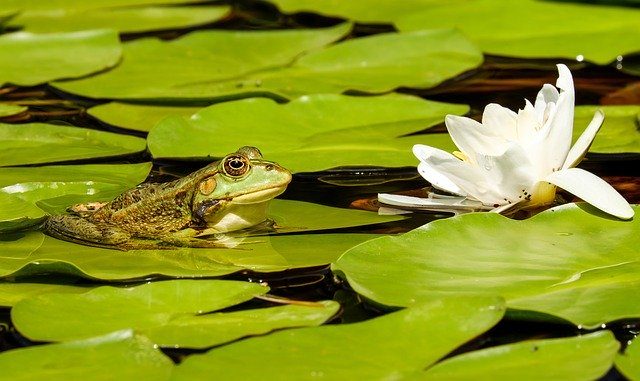
Frog with water lily image by Anja
Conclusion
I am afraid that the average Joe will wonder what do frogs, bees, and coral have to do with me. I do not eat them or rely on them?
It helps to understand what is happening by looking at specific species. Frogs are called indicator species. The decline of the Frog population brings to light the extreme conditions in our rainforest, without which we would not have many of our modern drugs. The life of the rainforest is vitally important to the life of the planet.
The coral loss is especially problematic because with the loss of the coral comes a corresponding loss of smaller fish species. With the loss of the lower species, comes the loss of species we as humans harvest.
As mentioned in another of our posts, the bee population is vital to our crop production. Without bees, farmers will rely more heavily on industrial bees and the small farm will disappear. Crops will increase in price or disappear altogether.
Plastic in our oceans is decaying at a very slow rate. All the while, its decay process is releasing chemicals into the environment. We are ingesting seafood that is contaminated with all these petrochemical byproducts.
There is evidence of this extension event all around the world in just about every ecosystem. Plastics, extreme heat, fungus, and disease spread by human contact, species loss through chemical usage, and overhunting are only a few ways humans are driving the next extinction event.
Before you leave, you might like to have a look at Recommendations. It is a special page I made for you and I hope you will find something of your interest.
Source: Wikipedia and CNN
Photo Source: Pixabay
Time ago, I wrote a post on bees. You might like to read this second post too.
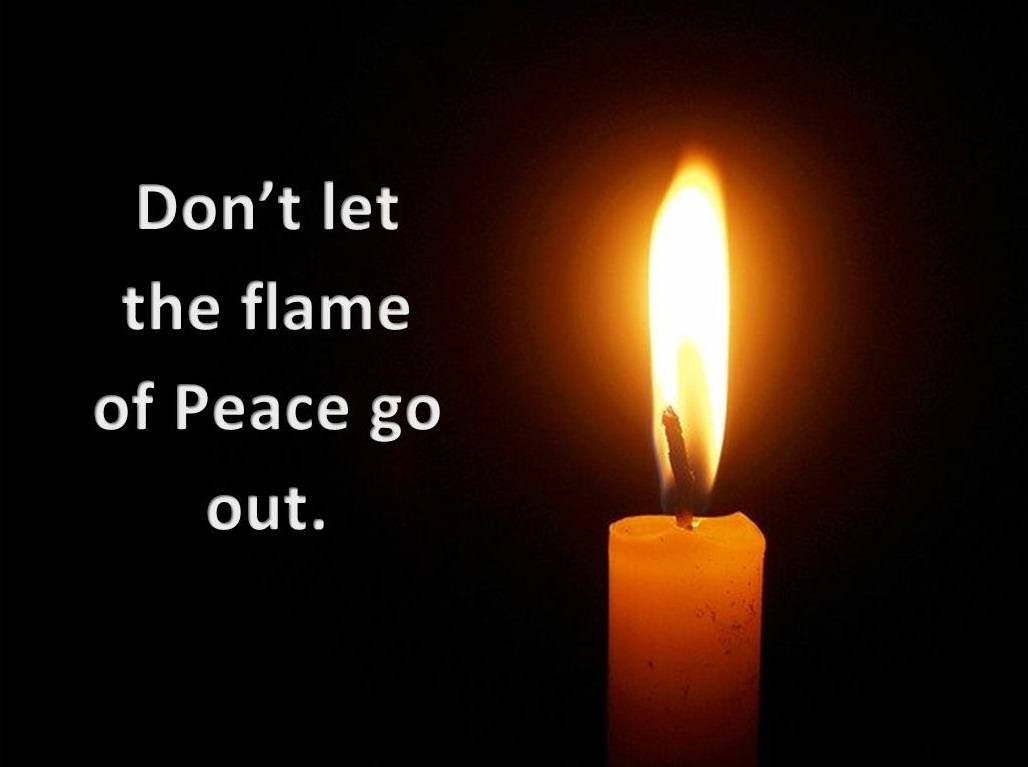
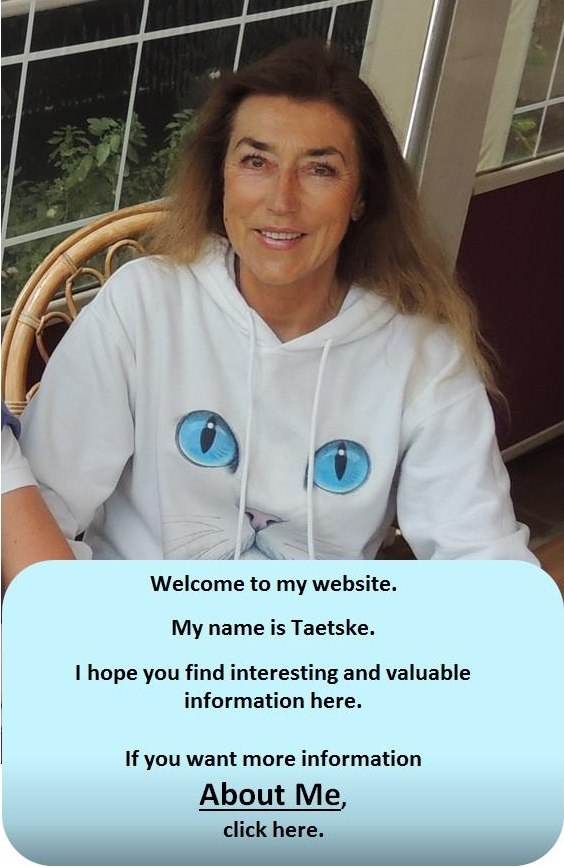
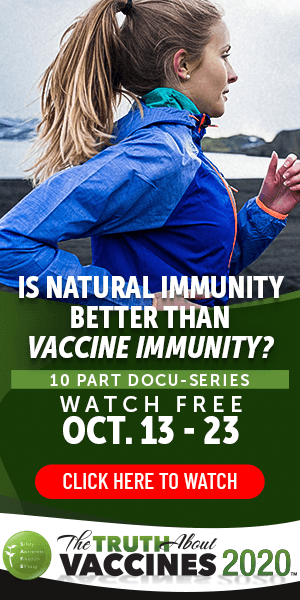





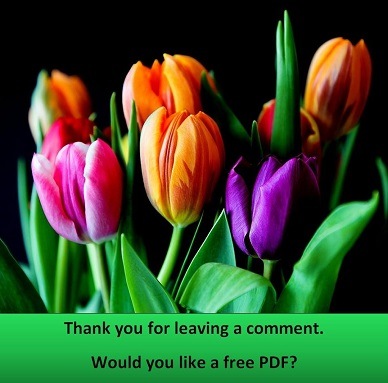
Comments
theodore
Taetske you have touched on a very important topic that too many of us fail to take notice of. Recently my cousin had me watch a documentary on coral, it is amazing they are so alive with intelligence! We as humans have a lot to learn about our own planet sometimes I wonder why we are trying to go into space all the time. I personally have started a honey business and intend on having my own apiary in the future because I want to raise awareness of how important the honeybee is to human existence. Thank you for spreading the word!
Taetske
Good Morning Theodore,
Thank you so much for visiting my website. I fully agree with you, why go into space when there is still so much to discover on our own planet and also to organize. On this websites I have written 2 posts on the importance of Bees for our world. I live in the south of Spain. In my little village is a small leather shop with hand made boots, belts and the like. Family of this kind couple sell their own honey from the reagion in the shop, great tasting all natural honey.
Regards, Taetske
Ziyaad
I have definitely learned something after reading your post.
Being a South African and so close to Botswana and Namibia, your mention of the plight of the African Elephant really does hit home for me.
I also enjoyed reading the section about all the plastic that is polluting our oceans. Being someone who lives near the ocean and having seen this first hand it is really a massive problem that needs more attention. I would have liked to maybe have seen some pics of the plastic issue at Midway. I think that will really help to drive your point home and leave an imprint in my mind about the extent of the issue there.
Taetske
Good afternoon Ziyaad,
Thank you for reading my post. All these things happening in our world and we humans are to blame, so sad.
If you go to the video link in the first paragraph, then to min.9 + 44 sec. you will get the information on Midway Island.
I would like to draw your attention to a post which was published on the first of May this year.Title: Unique and interesting new systems for Bio degradation of plastic.
I hope you will visit again.
Regards, Taetske
Nic
Taetske,
This article really hits home. I am from Midwest US and the effects of chemicals on the farmland is ringing through in a lot of what you discuss. It seems like it is easier for the human race to polute, poach and rationalize these poor decisions.
It really comes down to us as the human race changing the way we act and react. I found it interesting that frogs are an indicator species, I had no idea they were. This makes complete sense. Great post and thanks for sharing!
Cheers,
Nic
Taetske
Good Morning Nic,
It is quite frightening to observe the destructive power of the human race. Often the effects cannot be repaired anymore. It would be wise to think before acting as after all we all suffer the consequences having our environment destroyed. We also should take better care and think for whom we vote for as presently some undesirable leaders are in power. We have a responsibility towards future generations, they also would like to live on our beautiful planet. So let’s take care of her as it is the only place we have.
Thank you for your comment. I hope you downloaded your free PDF?
Regards, Taetske
Jacob Highley
wow, that is so sad! I had no idea that so many species had gone extinct due to bad human practices. This really makes you think about life as a whole.
I hope in the future people can see the damage they are doing and will do better to preserve life around them.
I know people have spoken on this topic before, but I really think this should be paid more attention to.
Thanks for the post!
Taetske
Good evening Jacob,
Thank you for your comment on my website. I hope you downloaded your free PDF?
Yes, I agree with you. It is so sad to see what human are capable of doing. We really do not take good care of our habitat. When you think about future generations they will only be able to see these things in books.
Regards, Taetske
Buck
I’ve been following the decline in African Elephants and of course the destruction of the coral reefs. It’s all so sad, and I’m delighted to see that you’re covering the subject so beautifully. Thank you for the enlightenment, and I know that everyone I share this article with will learn a bunch of valuable information.
Thank you from the bottom of my heart!
Taetske
Good evening Buck,
Thank you for your kind words. I hope you downloaded your free PDF?
It is now 2 years I have both my websites. Investigating you learn a lot and often it is upsetting. I personally think that the human race is going in the wrong direction. Our life on earth is meant to learn, respect and protect. We are doing the opposite, yes, sad indeed.
Regards, Taetske
Tucker
My partner and I are huge documentary lovers, so I appreciate having a new selection to check out next time we sit down. We have been on a kick about the power of the mind to heal the body, but we also recently watched a documentary about the state of the planet’s oceans. It was called Mission Blue and was an eye-opening account of how the seas have changed in just one lifetime. Your mention of the death of coral reefs made me think of it. The main character of the documentary (Sylvia Earle) is now advocating for us to protect marine areas much like we protect land through national and state parks. I’m all for this idea and think we need to extend the preservation and conservation ethic into schools at a much earlier age than we currently are. If we want to reverse the alarming trend taking us toward the 6th Mass Extinction, it’s going to take future generations that don’t consume and pollute at the current rate.
Taetske
Good evening Tucker,
Thank you for your visit and comment. I hope you downloaded your free PDF?
It is quite amazing but you often see young children having very good and precise ideas about our world and the environment. They realize this place has to be protected as it will be their home and home for the family they might have one day. Even when people realize how important the environment is, sadly there are leaders who do not. Instead of improving the existing laws more liberty is giving to those who pollute so instead of going forward we go backward with all the consequences included.
When you look at the world it is a sad and worrying sight.
Regards, Taetske
charles39
While at it I will concur with the late of at which conflicts between animals and human is being witnessed even 20 yrs is a very long time. Elephants and many other African animals might have gone by that time. We already have problems with white and black rhinos they are almost finished.
Taetske
Good evening Charles,
Yes, 20 years is a long time and it would be good if important measures were being implemented immediately as we have no time to lose. It has happened often in history that people wake up when it is too late, sad but true.
Humans do not respect the environment as they should. It is their habitat but they destroy it at an alarming rate.
Thank you for your comment. I hope you downloaded your free PDF?
Regards, Taetske
ajibola40
Thanks for writing this article on the disappearance of species which is our fault.
I will say I am angry that 100% is soon to disappear when we talk about the species like elephants which you can find in some African countries. But due to what I can call lack of enlightenment or let me say severe poverty this is happening. Many feed on these animals as they are a source of meat which is wrong but understandable. Then there are some human activities that affect the existence of this species. The sooner there is a solution to the factors affecting all these species the better for the next generation to come.
Taetske
Good evening Ajibola,
Thank you for visiting my website and leaving a comment. I hope you downloaded your free PDF?
In old times people would hunt, eat the meat and use the skin and bones. I think that was all right as they never just killed for killing. Sadly that has changed in modern times. I especially hate trophy hunting which is so senseless.
Something needs to be done so we do not lose all animals.
Regards, Taetske
Shanna
These are all things that the general population should be more aware of. I think we are becoming aware, slowly, and hopefully, that will lead to action before it is too late. Out of curiosity, what does “too late” look like to you? Are we looking at the extinction of human life, or all life, or are there ways in which we would be able to adapt?
I have heard of the bee decline before. Recently my aunt and uncle started farming bees as a hobby and my uncle, especially, is really enjoying it. They get their bees locally, so I don’t think they’re imported, but I’m not sure. Are small hobby bee farms like this beneficial in your opinion?
Taetske
Good Morning Shanna,
Sadly, for many species it is too late already, they are gone, and that is it. Take, for example, the U.S. that had environmental protection laws. The endangered species law in place since 1974. This administration is rolling back that law and laws on water and air. So there you see, one has to choose one’s leader with care.
As 5G is being rolled out worldwide, the bees are dying. They are responsible for every third bit of food we eat. Now they want to artificially pollinate. How crazy is that? The natural system being much better. If we could stop meddling with nature, eliminating all our harmful inventions, nature and humans will have a change to survive.
Of course a small bee farm is beneficial. Many small things make one big thing. My only worry is the pesticide on farms in the neighborhood, which is harmful for bees.
You might care to click the green widget Save the Planet in the sidebar. bUnited might resonate with you.
Thank you for your comment. I hope you downloaded your free PDF? Tulip widget.
Regards, Taetske